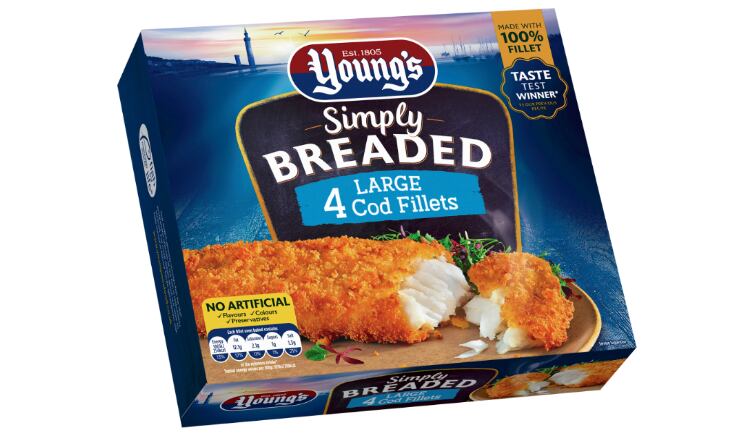According to industry advisory service Alantra, in the first six months of 2018, there were 27 merger and acquisition (M&A) deals in the food and drinks sector, down from 41 in the first half of 2017.
Alantra said the fall followed a high in 2017, due to strong financial liquidity and a large number of food and beverage assets coming to market ahead of Brexit. However, it added: “There is still good momentum in the sector and there have been a number of significant deals completed in the first half of the year.”
Alantra directors Simon Peacock and Charles Lanceley identified key drivers that were positive for the sector, including: a strong appetite for high growth categories such as pet nutrition; continued investment in healthy products following consumer demand and a sugar tax increase; continued private equity interest in food and drink M&A; and family-owned businesses in the sector remaining attractive to buyers.
Analysts Grant Thornton also identified that activity wasn’t as strong at the start of the year. It reported that 50 deals took place in the sector in the second quarter of 2018, up from 39 in the first quarter. Similarly to Alantra, it highlighted private equity investment as a key driver.
Trefor Griffith, head of food and beverage at Grant Thornton UK LLP, said: “Whilst the uncertainty surrounding Brexit remains, companies have to continue to move forward, including pursuing M&A strategies. It is also promising that we have seen interest from private equity investors increase this quarter, demonstrating that the resilient, defensive and fragmented nature of the food and beverage sector remains highly attractive to these investors.”
Overseas interest
Grant Thornton also recorded an increase in overseas investment in UK assets. These made up 44% of deals during the second quarter, up from 42% in the first quarter.
Griffith added: “Whilst food and beverage businesses need to continue considering international relationships in order to remain competitive, they must also start to re-evaluate their sustainability strategies and look at reducing their food waste. It has never been more pertinent to the industry, and businesses must view this as an opportunity to innovate, drive efficiencies and streamline supply chains. As well as making commercial sense, consumers across the world are increasingly demanding products that are environmentally friendly. It will be interesting to see how the industry responds to this in the coming months and years.”


